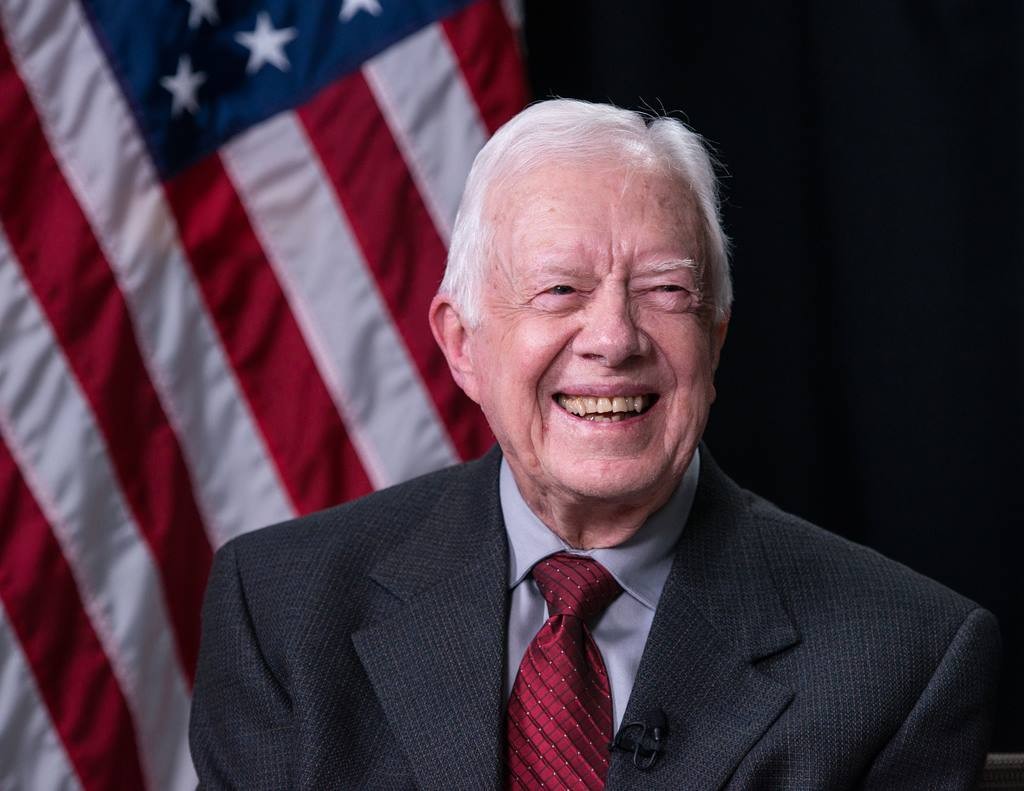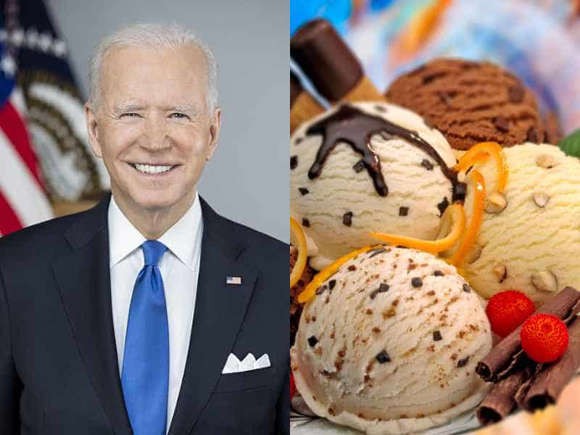Inauguration Day of the US President: Date, Sworn, Events and Everything to know
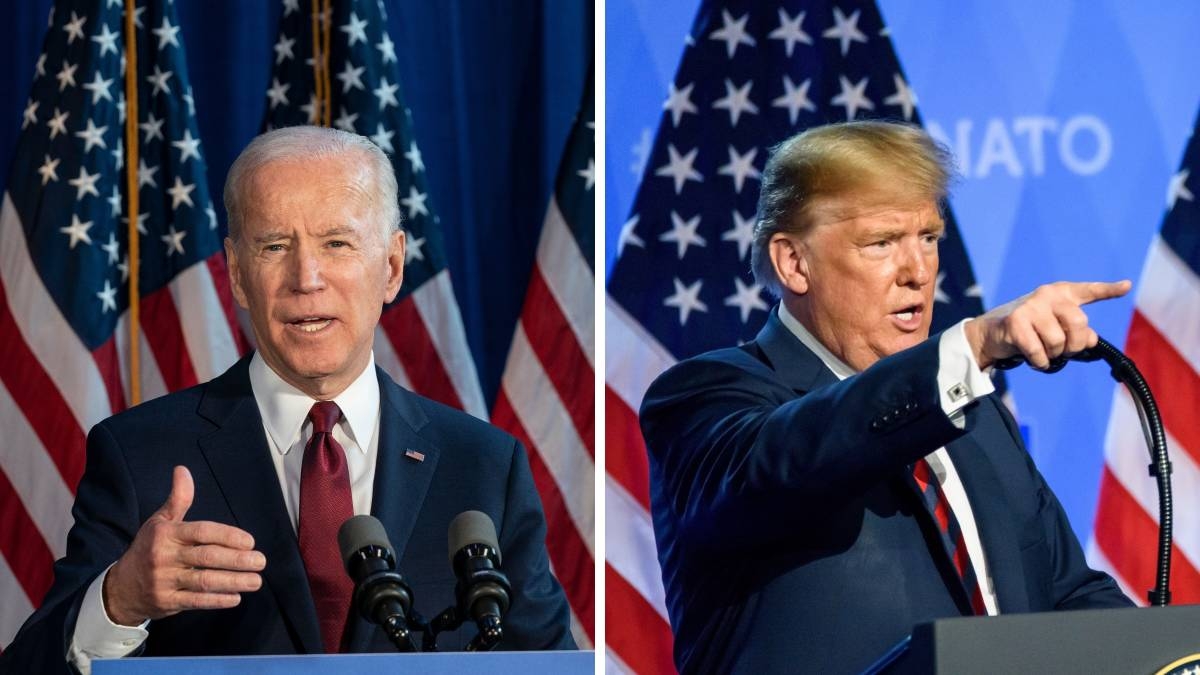 |
| When is Inauguration Day in 2021? |
When is Inauguration Day in 2021?
Inauguration Day occurs every four years on January 20 (or January 21 if January 20 falls on a Sunday) at the U.S. Capitol building in Washington, DC.
Donald Trump or Joe Biden become the 46th president of the United States?
What events take place on Inauguation Day?
The inauguration is planned by the Joint Congressional Committee on Inaugural Ceremonies (JCCIC). Inaugural events include the swearing-in ceremony, the inaugural address, and the pass in review.
The 20th amendment to the Constitution specifies that the term of each elected President of the United States begins at noon on January 20 of the year following the election. Each president must take the oath of office before assuming the duties of the position.
On Inauguration Day the candidates, who won the elections in the previous year, are sworn into office as president and vice-president of the United States. The swearing-in ceremony takes place at the U.S. Capitol and is organized by the Joint Congressional Committee on Inaugural Ceremonies. It is usually followed by a parade along Pennsylvania Avenue, according to the architect of the Capitol.
With the 2017 inauguration of Donald J. Trump, the oath has been taken 72 different times by the 45 Presidents of the United States.
The new president watches the parade from the presidential viewing stand in front of the White House. The route of the parade is often lined by thousands of people. However, many Americans watch the ceremony on television or listen to it on the radio.
| Section 1. The terms of the President and the Vice President shall end at noon on the 20th day of January, and the terms of Senators and Representatives at noon on the 3rd day of January, of the years in which such terms would have ended if this article had not been ratified; and the terms of their successors shall then begin. Section 2. The Congress shall assemble at least once in every year, and such meeting shall begin at noon on the 3d day of January, unless they shall by law appoint a different day. Section 3. If, at the time fixed for the beginning of the term of the President, the President elect shall have died, the Vice President elect shall become President. If a President shall not have been chosen before the time fixed for the beginning of his term, or if the President elect shall have failed to qualify, then the Vice President elect shall act as President until a President shall have qualified; and the Congress may by law provide for the case wherein neither a President elect nor a Vice President shall have qualified, declaring who shall then act as President, or the manner in which one who is to act shall be selected, and such person shall act accordingly until a President or Vice President shall have qualified. AMENDMENT XX [extracts] - Passed by Congress March 2, 1932. Ratified January 23, 1933. |
Why does Inauguration Day fall on January 20?
The Congress of the Confederation set March 4, 1789, as the date “for commencing proceedings” of the new government established by the U.S. Constitution. While a particularly bad winter delayed the inauguration of George Washington by eight weeks, subsequent incoming presidents and vice presidents took their oaths of office on March 4.
The four-month gap was needed in part because of the time it took to count and report votes and to travel to the nation’s capital. However, the lengthy lame-duck period caused problems such as in the aftermath of the 1860 election when seven states left the Union during the long “Secession Winter.” President-elect Abraham Lincoln had no power to act, and outgoing President James Buchanan took no action, leaving the issue for his successor.
As technological advances greatly reduced the times to tabulate votes, report the results and travel, such a long lame-duck period was no longer logistically necessary. As a result, the 20th Amendment, which was ratified on January 23, 1933, moved up Inauguration Day to January 20 and the first meeting of the new Congress to January 3. The 20th Amendment didn’t take effect until October 1933, after the long lame-duck period once again proved problematic. With the U.S. in the throes of the Great Depression, incoming President Franklin D. Roosevelt had to wait four months to implement his New Deal while uncertainty further roiled financial markets. January 20 first served as Inauguration Day in 1937 when Roosevelt was sworn in for a second term. (On years when January 20 is a Sunday, a private swearing-in ceremony occurs with the public oath of office taken on January 21.)
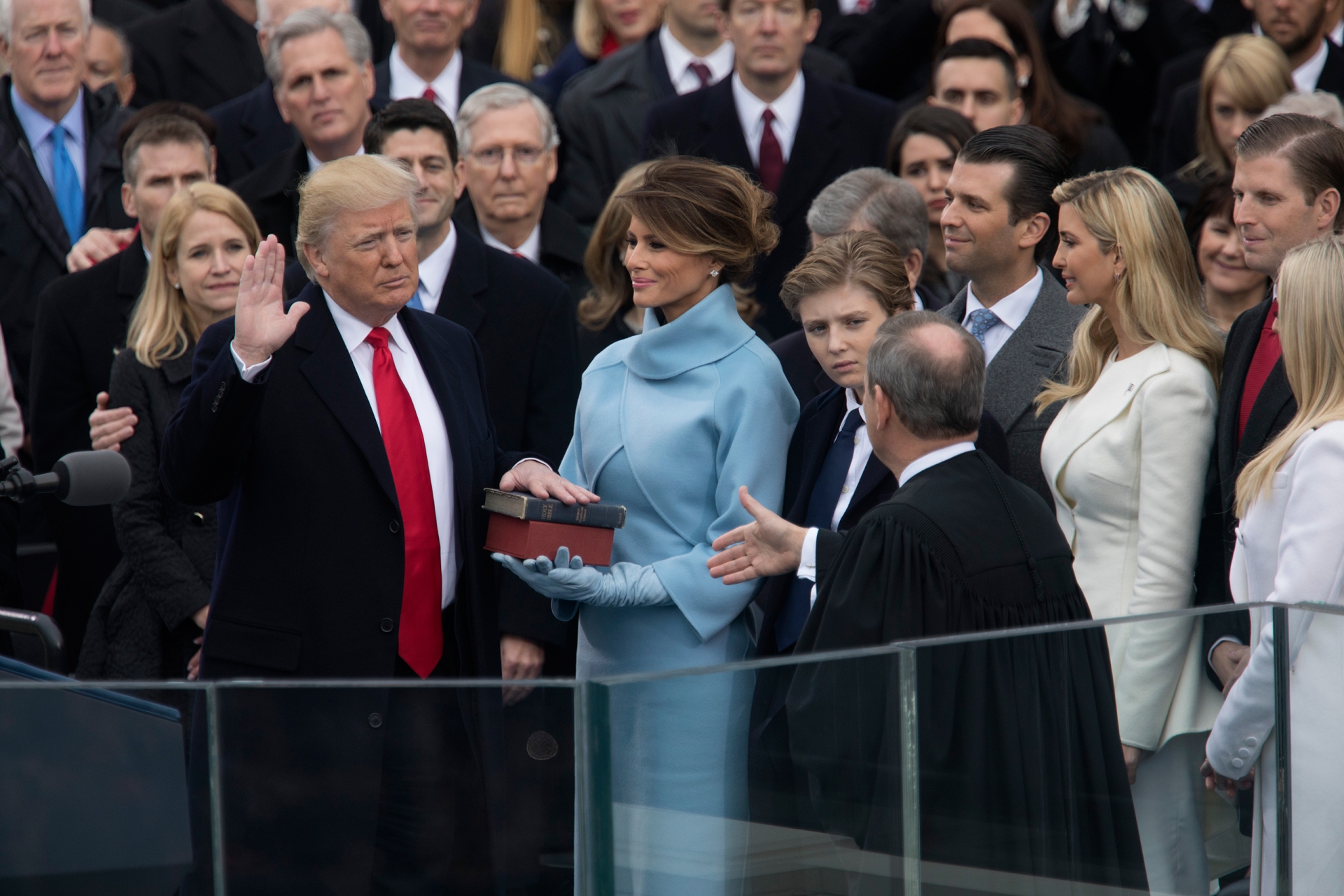 |
| Donald Trump Did During His First Day as President. Photo: Time |
PRESIDENTIAL OATH OF OFFICE
The Constitution stipulates the oath of office for the President of the United States to be sworn during the inauguration.
Before he enter on the Execution of his Office, he shall take the following Oath or Affirmation:–“I do solemnly swear (or affirm) that I will faithfully execute the Office of President of the United States, and will to the best of my Ability, preserve, protect and defend the Constitution of the United States.” - Article II, Section I
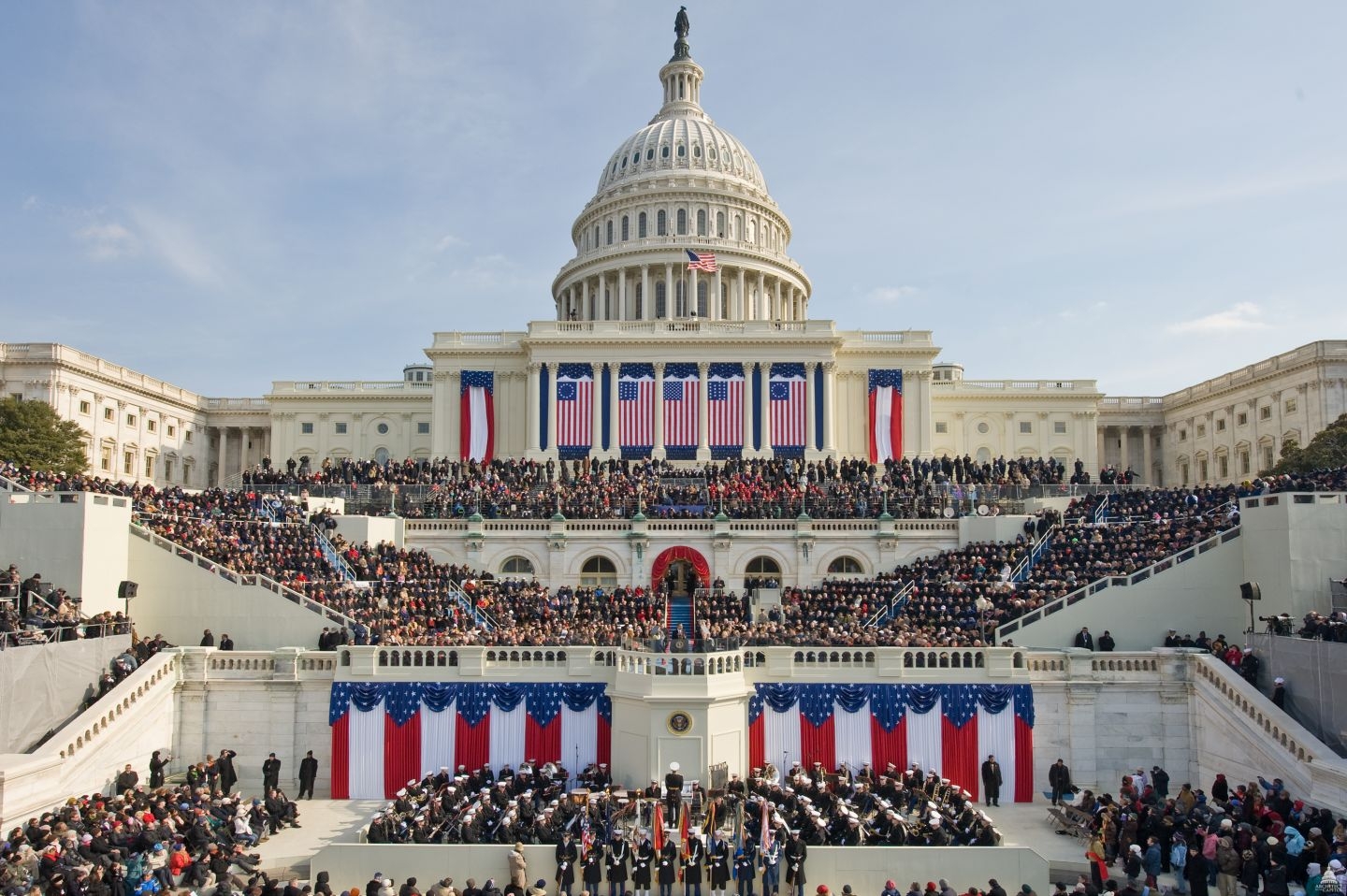 |
| Presidential inaugural ceremonies are held at the U.S. Capitol. (Photo: Architect of the capitol) |
Public Life on Inauguration Day
Inauguration Day is a public holiday. It is a day off for the general population, and schools and most businesses are closed. George Washington was the first person to be inaugurated as president of the USA.
For many people, Inauguration Day is not a public holiday and many people are expected to work as usual. Many schools, stores, and other organizations are open as normal in many parts of the USA. Public transport services run on their regular schedules. There may be changes to normal broadcasting schedules on television and radio, as news stations cover the inauguration ceremony.
Inauguration Day is a federal holiday for some federal employees who work in the District of Columbia or the surrounding areas. This is mainly to reduce the amount of congestion on the roads and public transit systems of the area.
In and around Washington DC there can be considerable disruption to public life, both on Inauguration Day and in the days before and after the ceremony. This is not only due to the actual ceremony and parades that accompany it but also the protests and demonstrations that are organized and the massive security operation that takes place. If you have business affairs in this area in the second half of January in an inauguration year, it is wise to check carefully that you will be able to do what you need to.
Background and History of Inauguration Day
The head of state of the USA has been a president since 1789. In that year, George Washington was elected and inaugurated as president of the United States of America. He was inaugurated for the first time on April 30, 1789, and for the second time on March 4, 1793. Subsequent inaugurations were held on March 4 until the second inauguration of President Franklin Roosevelt on January 20, 1937. Since then Inauguration Day has been held on January 20 and the term of office officially starts at 12:00 noon on that date, as cited in Timeanddate.
Usually, the vice-president is sworn in first and the president at exactly 12:00 noon. After they have been sworn in, the president and vice-president are given four ruffles and flourishes. The ruffles are played on drums and the flourishes on bugles, which are simple brass instruments with no valves. The ruffles and flourishes form a fanfare before a performance of the president's anthem, "Hail to the Chief", and the vice-president's anthem, "Hail, Columbia". There is then a 21-gun salute from the howitzers of the military district of Washington.
After the ceremony, the president and vice-president are guests of honor at a luncheon given by the United States Congress. Later in the day, they parade down Pennsylvania Avenue and walk part of the way from the Capitol to the White House. If Inauguration Day falls on is a Sunday, the presidential oath is usually administered in a private ceremony on that day and a public ceremony and celebrations are held on the following day.
On January 20, 2009, Barack Obama became the first African-American president to be inaugurated.
He is succeeded by Republican Donald John Trump, who won the 2016 elections where he was up against Hillary Clinton.
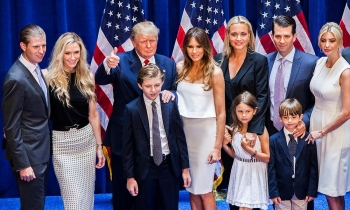 | Who are Donald Trump's children? Donald Trump has five children (or kids) in total, some of whom are involved in politics and some who aren't. Here's who they are and ... |
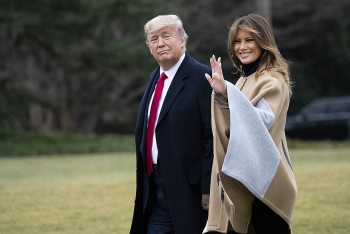 | Melania Trump's Biography: Most Interesting Facts Melania Trump's Biography: When hearing about the name Melania Trump, many people just know that she is the current First Lady of the United States, ... |
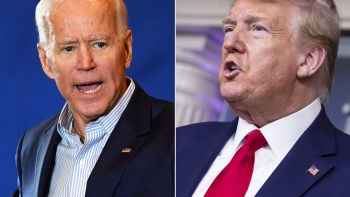 | Insight into US Presidential Election 2020 Donald Trump and Joe Biden, who will become the owner of the White House? Everything we need to know about the 2020 presidential election so ... |
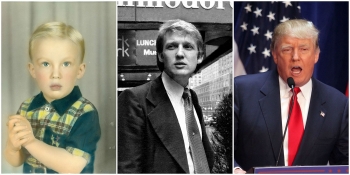 | Donald Trump's biography: Life before Presidency Everyone in the world knows Donald Trump as the President of the United States. However, before known for the title of US presidency, he was ... |

